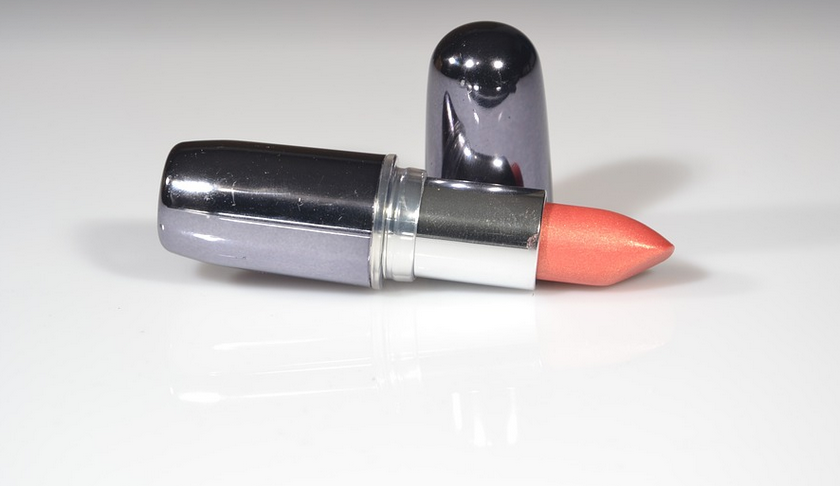Understanding the Importance of Physical Therapy after Surgery
So, you’ve just had orthopedic surgery in Michigan? Congratulations! You’re one step closer to getting back on your feet (figuratively, of course). But before you can jump back into your favorite activities, it’s essential to understand how physical therapy fits into the equation.
Why Physical Therapy After Surgery is a Game-Changer
Think of physical therapy as your own personal trainer for recovery. It’s not just about getting you stronger; it’s about regaining lost function, preventing future injuries, and even helping you get back to doing the things that matter most to you.
After orthopedic surgery, whether it’s a hip replacement, knee reconstruction, or a shoulder repair, your body goes through a lot. Muscles weaken, ligaments need time to heal, and joint range of motion needs to be restored. That’s where physical therapy steps in, providing a personalized roadmap for regaining mobility and function.
Physical therapists are trained professionals who use evidence-based techniques to help you:
1. Restore Movement
They work with you on exercises designed to rebuild strength in your affected muscles, improve posture, and increase flexibility. Think of it as a return-to-activity program tailored just for you.
2. Enhance Recovery
Physical therapy plays a crucial role in reducing pain and inflammation, promoting bone healing, and preventing further complications. They also teach you about proper body mechanics to reduce the risk of future injuries.
3. Prevent Recurrence
By addressing issues like muscle imbalances, poor posture, or restricted movement, physical therapy helps prevent re-injury and keeps you on the road to long-term recovery. It’s about actively managing your body after surgery rather than simply reacting to pain.
Michigan’s Top Orthopedic Surgeons & Physical Therapy Centers
Michigan has a booming orthopedic community, with renowned surgeons and top-notch physical therapy clinics. Finding the right pair for you is key! Here are some factors to consider:
1. Surgeon Specialization:
Look for orthopedic surgeons who specialize in your specific procedure (like hip replacements, knee reconstructions, etc.). Their expertise will be invaluable for ensuring optimal surgery and recovery.
2. Clinic Reputation & Experience:
Research clinic reputation and experience. Reviews from previous patients can give you valuable insights into the clinic’s quality of care and patient satisfaction. Consider what other patients have to say about their experiences with these clinics.
3. Personalized Treatment Plans:
The best programs adapt to your individual needs and recovery goals. Find a clinic that goes beyond generic exercises; they should tailor the program to you, considering your medical history and specific challenges.
Finding the Right Team for You
Finding a qualified physical therapist is just as important as finding a skilled surgeon. Here are some tips for selecting the best team for your recovery:
1. Ask for Referrals:
Don’t be shy about asking family, friends, or other healthcare professionals who have gone through similar procedures for recommendations. Personal stories can often offer valuable insights into a clinic’s approach.
2. Schedule Consultations:
Before committing to a physical therapy program, schedule consultations with multiple clinics. Ask about their expertise, treatment plans, and the level of personalized attention they offer. A good consultation will help you feel confident in the team’s ability to support your recovery.
3. Look for Certified Professionals:
Ensure that all physical therapists working with your surgeon are certified by reputable organizations, such as the American Physical Therapy Association (APTA). This guarantees they meet the highest standards of practice and knowledge.
Embracing the Journey to Recovery
Remember, recovery is a journey, not a race. It takes time, consistency, and a positive attitude. Don’t be afraid to ask questions, voice any concerns, and be open to adjusting your plan as needed. Physical therapy can help you navigate this process smoothly.
The Takeaway: Invest in Your Health
Investing in physical therapy after orthopedic surgery is an investment in your long-term health and well-being. It helps prevent further complications, promotes faster recovery, and allows you to get back to doing the things that matter most to you.
